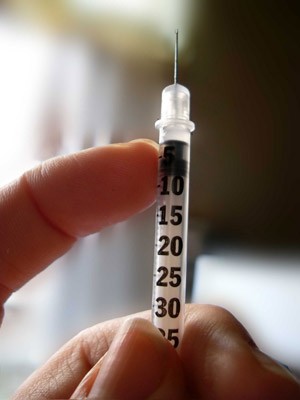Budget cuts cited as reason for outspoken agency leader to quit
 Pierre Bordry, controversial head of the Agence Française de Lutte contre le Dopage (AFLD), the French anti-doping agency, has resigned and will leave his position in early October. Often outspoken, Bordry has come into conflict with the International Cycling Union (UCI) in recent years, with both criticising the way each other conducts its tests.
Pierre Bordry, controversial head of the Agence Française de Lutte contre le Dopage (AFLD), the French anti-doping agency, has resigned and will leave his position in early October. Often outspoken, Bordry has come into conflict with the International Cycling Union (UCI) in recent years, with both criticising the way each other conducts its tests.
“Normally my term would end in July but I will leave the Agency as soon as my successor can be named,” he told AFP.
AFLD was the sole agency responsible for the collection and testing of riders’ samples at the 2008 Tour de France; several high profile riders tested positive, may of them for the use of CERA, the new third-generation EPO.
The two bodies shared responsibility at the 2009 Tour; after the race AFLD published a report, which criticised the UCI on a number of counts, but most controversially for favouring the Astana team of race-winner Alberto Contador and third-place Lance Armstrong.
Because of this report the UCI tried to prevent AFLD from being involved in testing at the 2010 Tour; a compromise was reached only after the World Anti-Doping Agency (WADA) stepped in.
Most recently, at a press conference to announce AFLD’s results for the first half of the year, Bordry responded to a question about the ongoing Federal investigation into the US Postal team of Lance Armstrong; he replied that he would be happy to send the results of the tests done one the American’s 1999 Tour samples to the investigators if asked.
According to French sports daily l’Equipe though, it has been frustrations over often stormy negotiations with the French Ministry of Health over the AFLD budget that has caused him to offer his resignation. Relations have been especially strained as the ministry objected to Bordry’s speaking to the media over the apparent reduction in funding.
“A number of decisions must be taken, which I prefer to leave to my successor,” he told the paper.
The AFLD’s main laboratory in Châtenay-Malabry, just outside Paris, performs around 9000 tests per year. With budget cuts though, many of the senior members of the agency are worried about the agency’s ability to enforce the French anti-doping law of April 2006 in future.